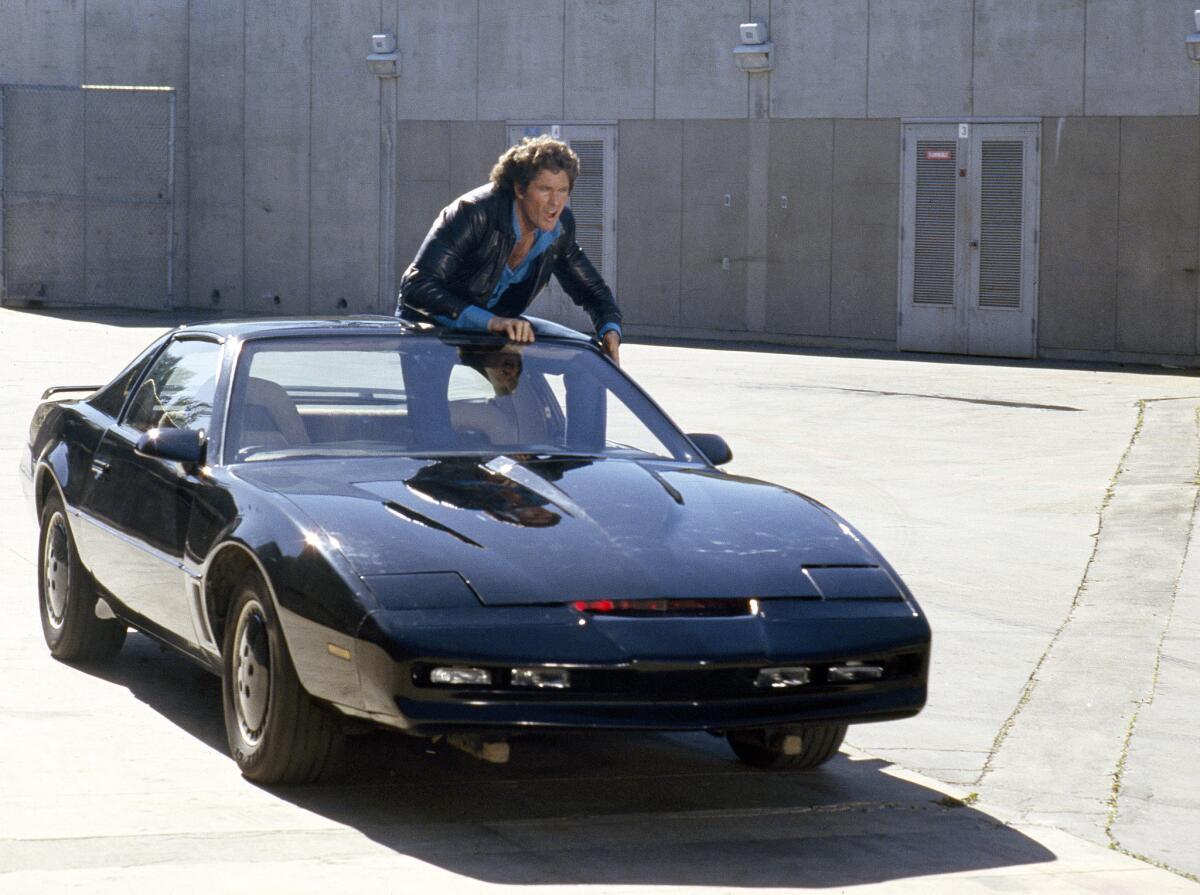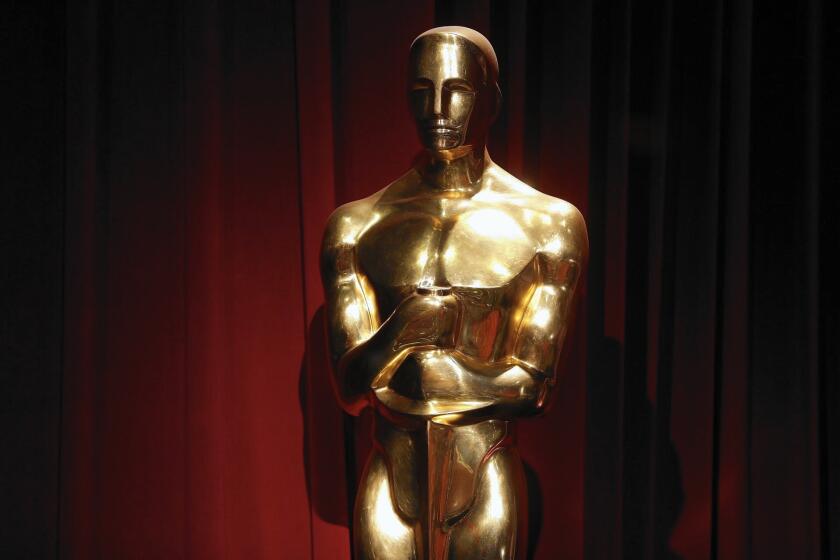WGA says film academy’s new eligibility standards ignore age

- Share via
Hollywood’s Oscars are leaving out older writers, a committee of the Writers Guild of America wrote in a letter released Tuesday.
Seeking to boost diversity in its own ranks, the Academy of Motion Picture Arts and Sciences recently announced new standards for films to be eligible to compete for best picture.
But the new standards — which require productions to meet various criteria for demonstrating inclusion of various underrepresented groups — ignore age, the writers committee wrote in its letter.
It called for changes in hiring practices, including the elimination of “approved writer lists” issued by networks and studios because they perpetuate discrimination of all protected classes on the basis of age.
“For decades, members of the Writers Guild of America have lived under the burden of this painful reality — that older writers are the only diversity category that it is socially acceptable to discriminate against,” wrote Catherine Clinch, chair the WGA Career Longevity Committee and a writer on hit 1980s shows such as “Knight Rider,” “Hart to Hart” and “The Love Boat.” The committee assists writers in planning for long careers.
The academy’s new inclusion standards for best picture triggered a swift and intense response. We spoke with four key academy leaders about the reasons behind their bold step.
The letter was published on the eve of the International Day of Older Persons, the 30th anniversary of this celebration, and was a reminder of a long fight older creators in the industry have been waging for recognition.
The committee recalled the 2002 class action lawsuit by members of the WGA against talent agencies that refused to represent older writers who had any break in service. The suit against 17 major networks and production studios, along with seven talent agencies, was settled in 2010 with a $70 million payout to thousands of writers to resolve 19 claims. But the WGA committee says older writers are still shut out of representation.
“We have watched the perpetuation of hiring practices that include all other protected classes while older writers remain excluded. In the shadow of the glaring exclusion from the academy’s gesture at conquering discrimination, older writers are speaking out in a unified voice,” she wrote.
Clinch said that without representation, writers will struggle to sell their work or be considered for TV jobs. The group also lambasted Hollywood’s portrayal of people over 60 — the largest percentage of the viewing audience for broadcast television shows — as senile and bumbling grandparents.
“Through this blatant omission by the gold-standard of our industry — the Academy of Motion Picture Arts & Sciences — we have realized that our day of equity will never come unless we stand up, demand it and take action to achieve it.”
More to Read
Inside the business of entertainment
The Wide Shot brings you news, analysis and insights on everything from streaming wars to production — and what it all means for the future.
You may occasionally receive promotional content from the Los Angeles Times.












